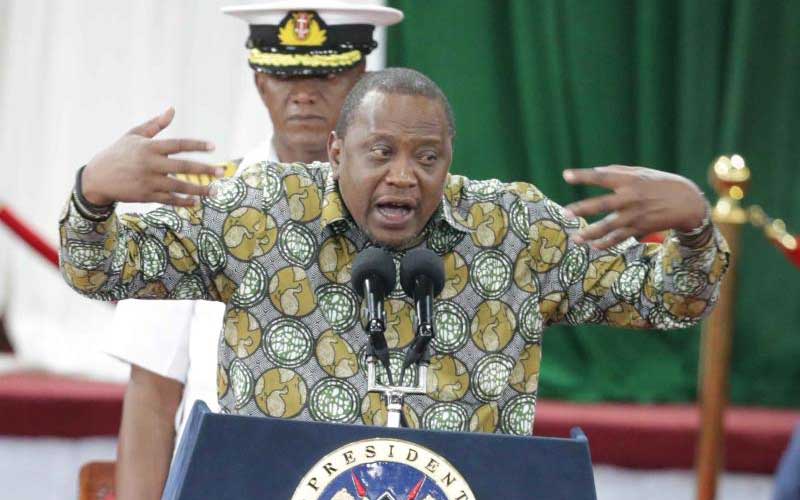×
The Standard e-Paper
Join Thousands Daily

The subject of inclusivity under the Building Bridges Initiative (BBI) has largely been reduced to who gets what at the national executive level.
Major political discussions now revolve around the strategies that the political class are establishing on how to share or exclusively control Executive power.